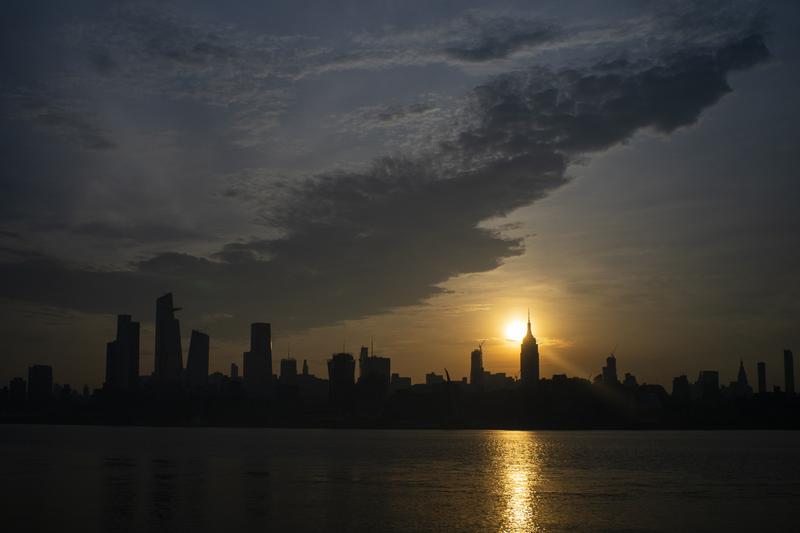
Among climate change experts, 2 degrees Celsius is a key indicator. A United Nations panel on climate change warns if the earth warms that much by the year 2100, coral reefs will die, sea levels will rise catastrophically, and Arctic ice sheets will disappear in the summer.
But a Washington Post analysis finds the average temperatures in some parts of the United States have already risen by 2 degrees Celsius, including here in the Northeast — New Jersey in particular.
According to Post reporter Steven Mufson, New Jersey's average temperature has risen nearly 2 degrees Celsius (3.6 degrees Fahrenheit) since 1895. That's the third highest rate of warming in the country, after Alaska and Rhode Island.
Mufson said the shift has already had dire effects in places such as Lake Hopatcong, New Jersey's largest lake.
"The state's wintertime temperatures are moving up towards the freezing point," he said. "Once you're there, the lake doesn't freeze over, and it limits activities in the wintertime. It also gives rise to more growth of algae."
Mufson spoke to WNYC's Richard Hake about the investigation's findings.
